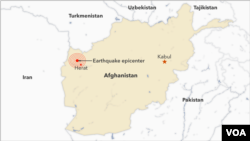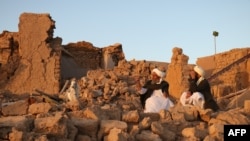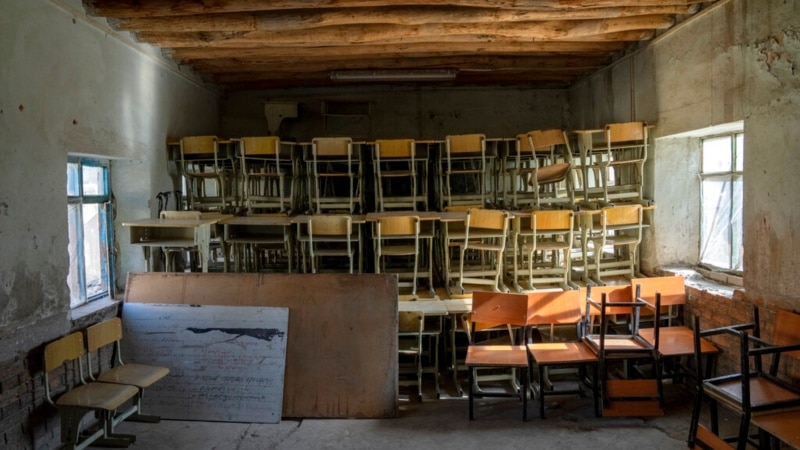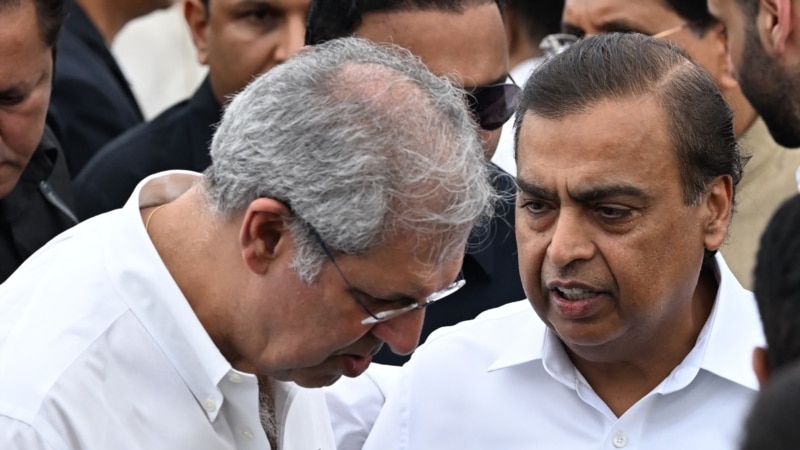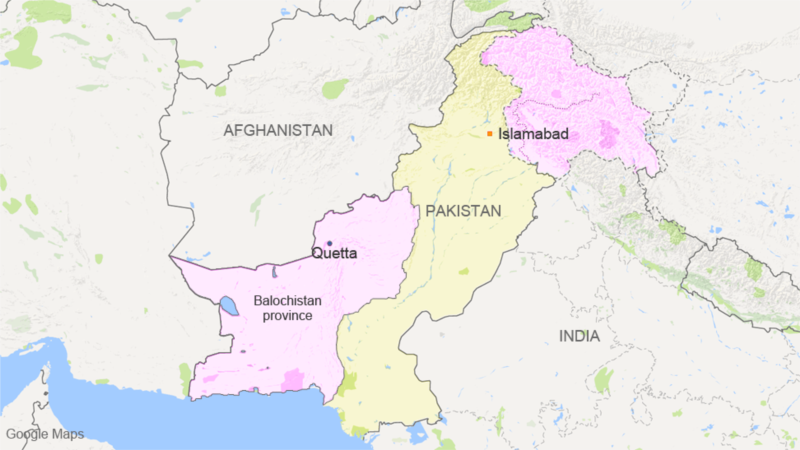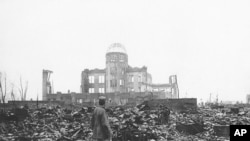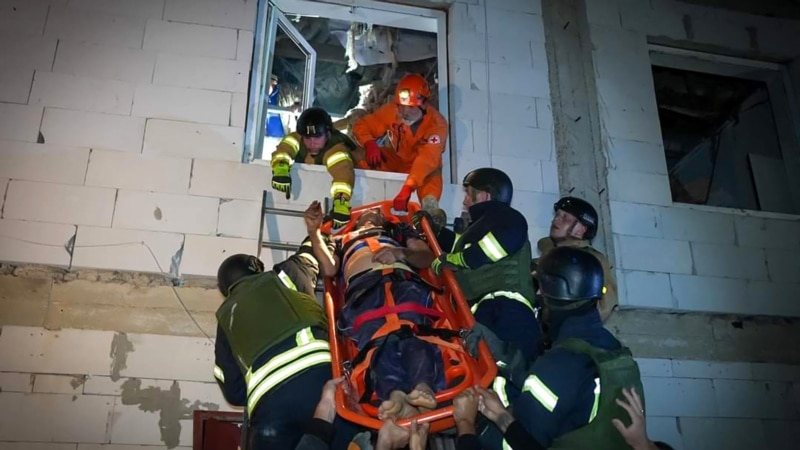The United Nations said Saturday that a strong earthquake struck western Afghanistan, killing at least 100 people and injuring 500 others.
The epicenter of the magnitude 6.3 quake was located near Zinda Jan, a district in the central part of the Afghan province of Herat, bordering Iran.
At least eight powerful aftershocks rattled the province within five hours and affected villages across three districts, said the U.N. Office for the Coordination of Humanitarian Affairs. It described as serious the condition of many of those injured.
“More than 600 houses were partially or fully damaged. At least 4,200 people [600 families] have been affected. Additionally, an estimated 300 families, or 2,100 people, are reported to have been displaced, the U.N. agency said
“In coordination with the health authorities, the World Health Organization [WHO] Country Office in Kabul and the WHO Field Office in Herat rapidly mobilized resources and extended immediate life-saving support for the affected population,” the statement noted.
Afghanistan’s Taliban authorities said rescue teams were busy retrieving victims from under the rubble and transporting them to hospitals or safety.
In June 2022, a powerful earthquake in the eastern parts of the impoverished South Asian nation killed more than 1,000 people.
Afghanistan has faced prolonged conflict and natural disasters, including flooding, drought and earthquakes, leading to one of the world’s largest humanitarian crises. The U.N. estimates that two-thirds of the country’s population is in need of aid.
The hardline Taliban seized control of the country two years ago. They imposed sweeping restrictions on women’s access to education and work per their strict interpretation of Islamic law The de facto rulers have also barred women from working for aid groups, hampering humanitarian activities in Afghanistan.
No country has recognized the Taliban government, citing human rights concerns and their treatment of women.

